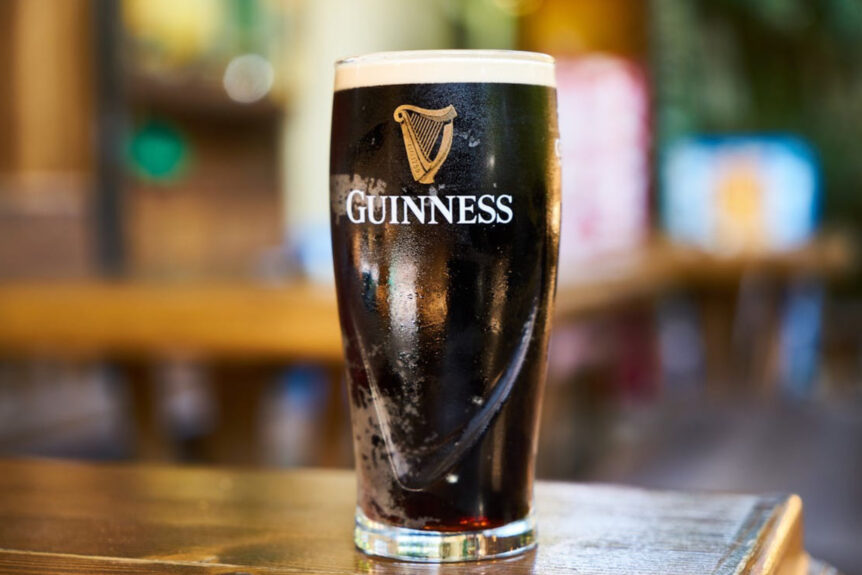As the premiere of House of Guinness approaches on September 25th, Netflix introduces us to the 19th-century saga of the Guinness family… a tale of ambition, legacy, and the complexities of succession. While the drama unfolds on screen, there are invaluable lessons I think that modern business leaders could draw upon, especially while navigating their own growth and challenges.
1. Succession Planning: More Than Just a Will
In synopsis, the death of Sir Benjamin Guinness in House of Guinness, sets off a power struggle among his four children. The series is set to dive into how the inheritance of the family business isn’t merely about assets – but about vision, leadership, and legacy. For today’s business leaders, this underscores the importance of proactive succession planning. It’s not just about choosing a successor; it’s about ensuring they align with the company’s values and vision for the future.
2. Innovation Within Tradition
Guinness has long been a symbol of tradition, yet the brand continues to innovate. In recent years, it has become something of a cult-classic phenomenon. From expanding into non-alcoholic beverages to launching branded food items like the Guinness Gift Cake and Steak & Guinness Pie, the company demonstrates that staying relevant requires balancing heritage with innovation. For businesses, this means honoring your roots while being open to new ideas and markets.
In Manchester alone, several new Irish bars have opened in the last three years, including O’Connell’s, The Salmon of Knowledge, Fibber Magee’s, Kennedy’s in Altrincham – and now Didsbury – with more potentially announcing soon.
These openings have been driven by a surge in the popularity of Guinness from a diverse audience seeking a welcoming social experience, similar to the community spirit found in traditional Irish pubs.
3. Brand Storytelling: Creating Immersive Experiences
The Guinness Storehouse in Dublin is a masterclass in brand storytelling. Visitors don’t just learn about beer; they step into the ‘Guinness world’, experiencing the journey, values, and cultural impact that have made it iconic.
But Guinness’ storytelling power doesn’t begin and end with bricks and mortar. Decades of clever advertising have elevated Guinness from a drink into a cultural symbol… Think of the legendary “Guinness is good for you” campaign or the instantly recognisable black-and-white pint silhouette, mimicked in clever imagery that alludes to the pint itself. Each campaign built layers of meaning and emotion around the brand, making it more than a product.
Beyond adverts, Guinness has mastered the art of extending its brand into lifestyle. Limited-edition merchandise, from glassware to fashion collaborations, allow fans to live the brand, not just consume it. These touchpoints create a sense of belonging, turning drinkers into a community. That’s how a pint becomes part of culture.
4. Navigating Crises with Transparency
The Guinness share-trading fraud of the 1980s was a significant scandal that tested the company’s reputation. How a company responds to crises speaks volumes about its leadership. Guinness’s journey through this period highlights the importance of transparency, accountability, and a commitment to rebuilding trust. Leaders today can learn from this by addressing challenges head-on and maintaining integrity.
5. I Believe Legacy Isn’t Just About Longevity
The Guinness family’s story isn’t just about maintaining a brand for centuries; it’s about evolving to meet the times while staying true to core values. For businesses, this means understanding that legacy is built on adaptability, innovation, and a consistent commitment to quality and purpose.
As House of Guinness premieres, it serves as more than just entertainment; it’s a reflection of the complexities and strategies that shape enduring businesses. For leaders, it’s a reminder that success isn’t just about the present—it’s about building a legacy that stands the test of time.



